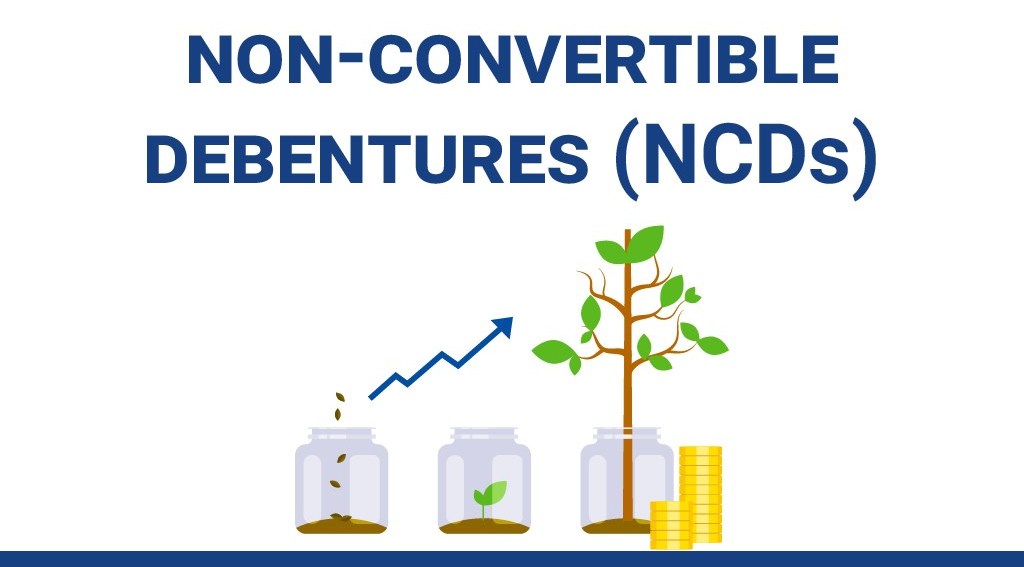
NCDs (Non Convertible Debentures)
October 17, 2018
What it is?
These are debt instruments issued by the corporate to raise money from the market. NCDs stands for Non Convertible Debentures. By that we mean that these instruments are not convertible into equity. There are debentures which after a pre-defined time period gets converted into equity shares and gives company’s ownership right to it’s holder. Thus, a holder of NCDs cannot claim itself to be the owner of the company.
What right do i enjoy as NCDs holder?
If you buy these NCDs, you are a bondholder for the company. Your money will be utilized by the company in exchange of coupon / interest rate which will be paid to you periodically (monthly, quarterly, half yearly, annually or even cumulatively). You’ll be paid interest / coupon whether or not the company makes the profit. At the time of liquidation of the company, the company will first discharge its liability before the NCDs holder in comparison to equity shareholders.
How can i choose among the various NCDs issued by different corporate?
Prior to the issue of NCDs, the corporate intending to raise money through NCDs obtain its rating from the credit rating agencies like CRISIL, ICRA, FITCH etc. Generally, NCDs above “AA” rating are considered to be good for investment.
Who can invest in NCDs?
Following are eligible as NCDs investors:-
- Individual
- Non-Resident Indians (NRIs)
- Banking Companies
- Primary Dealers
- Foreign Institutional Investors
- Other corporate bodies registered or incorporated in India and unincorporated bodies.
In what form NCDs are kept?
NCDs may be kept in physical form. However, it is encouraged to be kept in dematerialized form in your demat account.
Can i sell NCDs prior to its maturity?
Yes! you can. NCDs are traded in NSE and BSE and can be sold prior to its maturity and may be subject to buyers availability. You may have to incur capital gain tax in selling it prior to it’s maturity.
What is the tenure of NCDs?
The tenure period or the maturity period varies. As per the RBI guidelines, It cannot be less than 90 days.
What is the return on NCDs?
Albeit NCDs rate vary from each other. Generally, it’s around 8.00 % per annum.
NCDs Vs Bank FDs?
The interest earned through bank FDs is lower than NCDs. Bank FDs are of two types : tax saving and non-tax saving. Tax saving bank FDs gives a return of around 7.00 % and is parked for a minimum 5 years term whereas non-tax saving bank FDs gives a return of around 7.50 % and may be liquidated at any point of time.
Tax point on FDs, Tax Saving FDs and NCDs?
Under Indian Income Tax Law, interest earned through bank FDs (whether tax saving or not) are taxable income. These interest are subject to certain deduction and eligibility (Section 80 TTB). Comparably, interest earned through NCDs are neither an exempt income nor can one claim for its deduction.
However, bank’s tax saving FDs are eligible for 80 C deduction on principal amount upto a certain limit. Likewise, principal amount invested in NCDs are not at all eligible for tax deduction.
Which is the good product out of – FDs, Tax saving FDs or NCDs?
Depending upon the volume of your investment, you should ideally proportionate your investment among these fixed income products (FDs, Tax saving FDs, NCDs) to reap the maximum earning with tax saving OR You may consult me to determine the same for you.
Note:
Above is written in context to Indian scenario and Indian Income Tax Law.